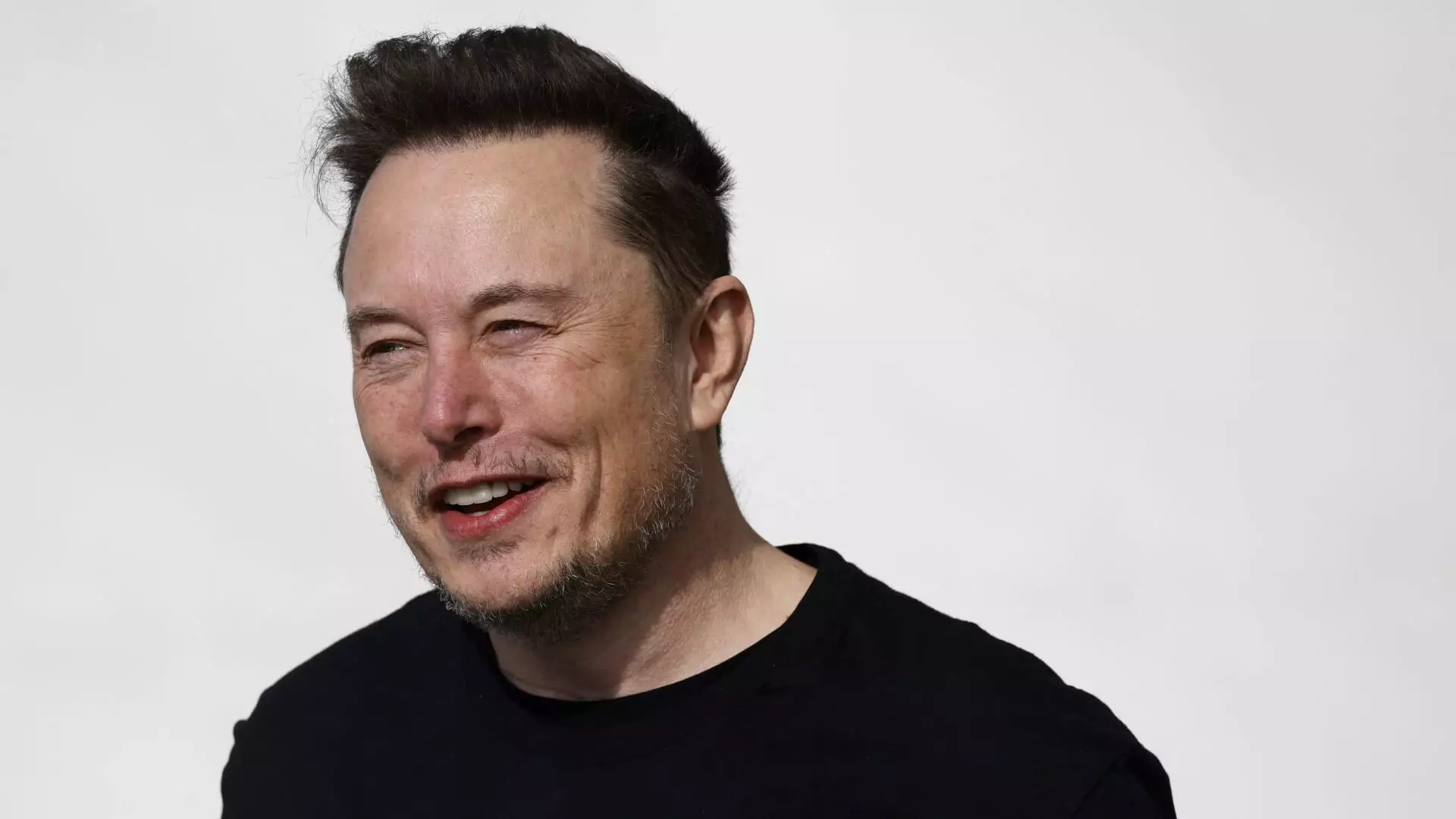In a recent interview, Elon Musk shared his perspective on using prescription ketamine to help manage his occasional depressive episodes. He mentioned that taking a small dose of ketamine once every other week, or sometimes even less frequently, has been beneficial for combating the chemical imbalances that contribute to his depression. Musk highlighted that ketamine has the ability to shift one’s mindset from a negative state to a more positive one, thus aiding in managing mental health challenges.
During the interview, Musk also suggested that taking ketamine has not hindered his ability to fulfill government contracts or maintain a positive reputation on Wall Street. He emphasized that what truly matters to investors is the execution and delivery of value. Musk used Tesla’s valuation and sales figures as examples to illustrate the importance of consistent performance in the eyes of investors. He iterated that if a particular practice or medication, such as ketamine, contributes to his effectiveness, then it should be continued.
Following the disclosure of his ketamine use, there were mixed reactions from the public and industry insiders. Musk’s openness about his mental health challenges and treatment approach was viewed as both courageous and controversial. Some individuals expressed reservations about the impact of drug use on his decision-making abilities, particularly within the high-stakes environments of Tesla and SpaceX. However, Musk clarified that his ketamine use is under the supervision of a medical professional and does not interfere with his work responsibilities.
Musk’s endorsement of ketamine for managing depression is significant, especially considering his past criticisms of other mental health medications. In previous instances, Musk has questioned the effectiveness of prescription antidepressants like Wellbutrin, suggesting that they should be discontinued. This stance has sparked debates within the healthcare community regarding the appropriateness of his comments and the implications for individuals relying on traditional antidepressants for treatment.
Ketamine, known primarily as a potent anesthetic, has gained attention in recent years as a potential alternative therapy for individuals seeking relief from depression, anxiety, and other mental health conditions. Its unique mechanism of action and rapid effects have positioned it as a promising option for those who have not responded to traditional treatments. However, concerns about misuse and potential risks associated with ketamine use have also emerged, prompting a closer examination of its benefits and drawbacks.
Elon Musk’s candid discussion about his use of prescription ketamine sheds light on the complex nature of mental health treatment and the diverse approaches individuals may consider. While his openness has sparked discussions and debates within the public sphere, it underscores the importance of personalized care and informed decision-making in managing mental health challenges. As the conversation around ketamine and alternative therapies continues to evolve, it is crucial to approach these topics with sensitivity, scientific rigor, and a commitment to supporting individuals on their healing journeys.


Leave a Reply